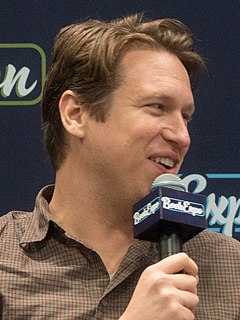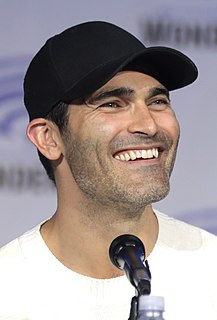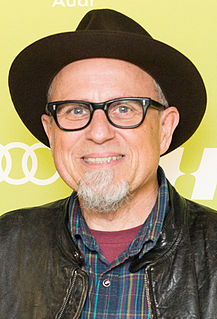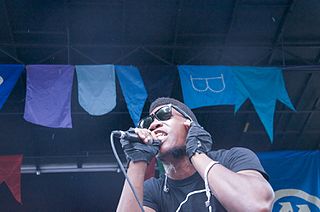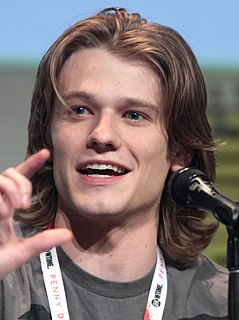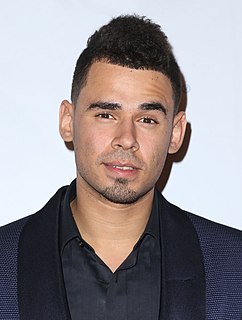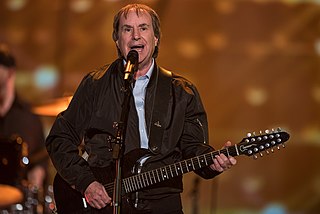A Quote by Tig Notaro
When you first start out in stand-up and, probably, as any performer, you enjoy the attention so much, and even though that hasn't died down on stage, it certainly has satiated whatever was in me that was needing that much attention. When I'm off stage, it's not something that I really need.
Related Quotes
Certainly political capital-slash-celebrity attention, whatever you want to call it, certainly is part of the reason why I've been reaching out to CEOs. There's a lot of folks who probably would have taken a call from me before but are even more inclined now and are interested in what we're doing because of all the attention.
I think nervousness - a heightened sense of nerves and attention is a very healthy thing for a performer. It is an artificial environment that you are going into whether it's concert or recital, or stage. When I know something so well, I've done it so often, and you kind of walk out for Tuesday night's performance, or you feel like that, that makes me more nervous then being geared up. A little bit like race horses. In the same way that the horses are always difficult to get into that lineup, the worst time of my life is the 10 or 15 minutes before I go on stage.
The difference when I'm writing a story versus writing a joke is that writing a joke is so much more about the structure and it's less about the conversation. To me, the thing that I love about stand-up is the intimacy between performer and audience.To get it even more conversational was something that really appealed to me and that I really enjoyed doing. My early experiments with it, with just telling a story from my life on stage, it was so satisfying to do. And seemingly for the audience as well. It's a different thing, and it's a different feeling and a different vibe.
I am never much interested in the effects of what I write....I seldom read with any attention the reviews of my...books. Two times out of three I know something about the reviewer, and in very few cases have I any respect for his judgments. Thus his praise, if he praises me, leaves me unmoved. I can't recall any review that has even influenced me in the slightest. I live in sort of a vacuum, and I suspect that most other writers do, too. It is hard to imagine one of the great ones paying any serious attention to contemporary opinion.
I have been fully involved in designing my stage shows; it's important to me to do something really unique and almost off-the-wall to bring the music and the visuals together. I love design and actually went to school for a bit for graphic design, so it isn't so much 'pressure' for me; it's a way to be creative, and I really enjoy it.
Dialogue is really aimed at going into the whole thought process and changing the way the thought process occurs collectively. We haven't really paid much attention to thought as a process. We have engaged in thoughts, put we have only paid attention to the content, not to the process. Why does thought require attention? Everything requires attention, really. If we ran machines without paying attention to them, they would break down. Our thought, too, is a process, and it requires attention, otherwise its going to go wrong.


